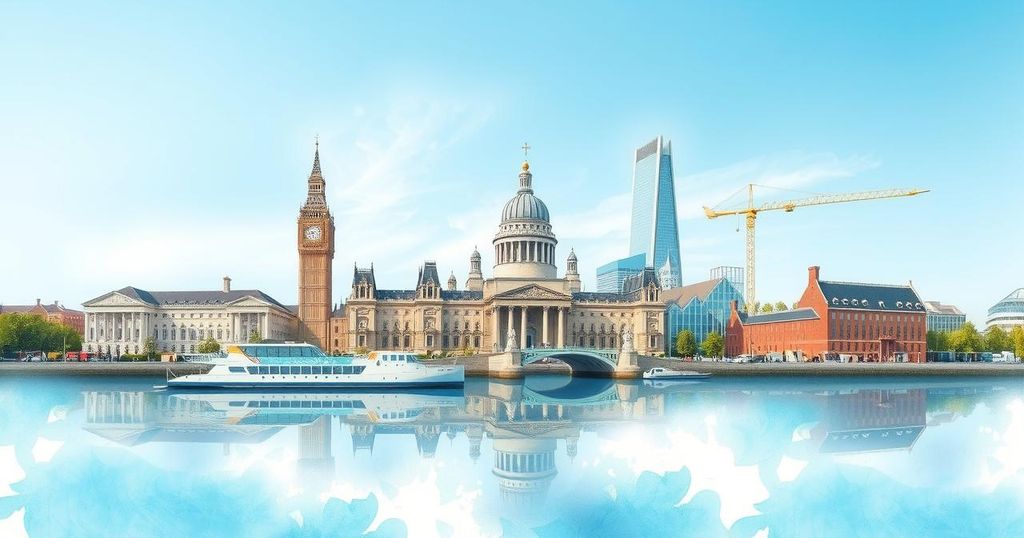Former Philippine President Duterte to Face ICC Charges in The Hague
Former Philippine President Rodrigo Duterte is traveling to The Hague to face ICC charges tied to his ‘war on drugs.’ His arrest, hailed as a significant move for justice, relates to allegations of crimes against humanity from his administration. Rights groups and victims’ families have welcomed this development, although political tensions surrounding the case persist.
Former Philippine President Rodrigo Duterte is en route to The Hague to face charges at the International Criminal Court (ICC) concerning his controversial ‘war on drugs.’ His arrest, made on a warrant issued by the ICC, represents a significant advancement in the pursuit of justice for victims of extrajudicial killings during his presidency. Rights groups, alongside families of victims, have expressed approval of his arrest, viewing it as a step toward accountability for such actions.
Upon arriving in the Netherlands, Duterte will be detained at a facility associated with the ICC. The inquiry into his administration’s apparent human rights violations began in 2021, focusing on mass killings linked to the drugs campaign. While the Philippine national police reported over 6,000 deaths, human rights organizations estimate the total could be as high as 30,000, indicating the severity of the situation.
The ICC’s judges found substantial evidence to justify Duterte’s indictment, alleging his role in a crime against humanity through the oversight of the killings, first as mayor of Davao and then as President. Following his transfer to the detention center, a hearing will occur to affirm his identity, review the charges filed against him, and potentially evaluate the evidence for trial.
Duterte’s legal team may contest the ICC’s jurisdiction and claim the case’s inadmissibility, especially since the Philippines ceased to be a member in 2019. However, the alleged crimes occurred prior to the withdrawal, leaving the court’s jurisdiction intact. The timeline for proceedings could extend over several months, with the possibility of a protracted trial.
In response to these developments, President Ferdinand Marcos Jr. affirmed the legality of the arrest, rejecting claims of political persecution. Conversely, Vice President Sara Duterte condemned the Marcos administration for its actions, arguing against the legitimacy of surrendering her father to an international court, thus highlighting the ongoing political tension in the Philippines regarding this case.
Rodrigo Duterte’s impending prosecution at the ICC marks a pivotal event in the global fight for justice concerning human rights abuses. His arrest is celebrated by victims’ families and advocacy groups while revealing political divisions within the Philippines regarding accountability. The legal processes ahead will determine the outcome of this historical case and its broader implications for human rights enforcement.
Original Source: www.newsday.com




Post Comment